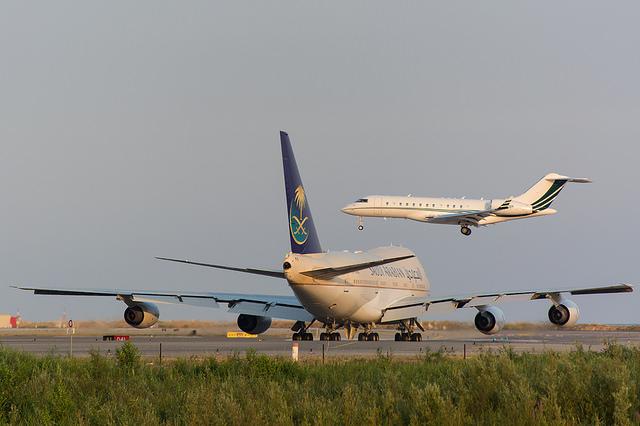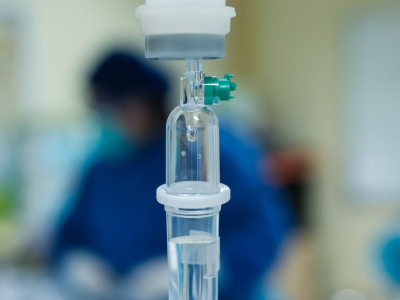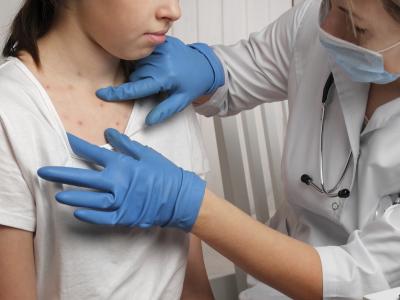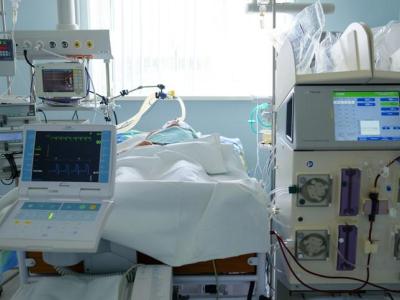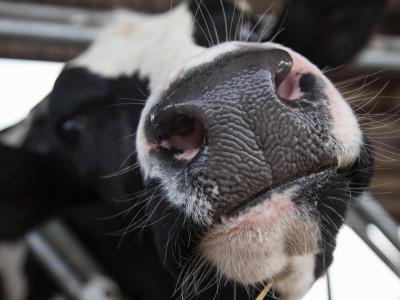As the Hajj observance in Saudi Arabia drew to a close over the weekend and throngs of pilgrims returned to their homes, the country reported just one new MERS-CoV case and two deaths from the disease.
Also, an update from the World Health Organization (WHO) yesterday on 13 recent MERS-CoV (Middle East respiratory syndrome coronavirus) cases in Saudi Arabia showed complex transmission patterns, some with recent travel to Riyadh, with the disease still causing a heavy burden on healthcare workers.
Also, Jordan's health ministry today released a statement asking on returning Hajj travelers and hospitals to be on high alert for the disease, according to a story in Arabic from Petra, Jordan's state news service, which was translated and posted by Avian Flu Diary, an infectious disease news blog. Jordan has reported 13 recent MERS cases, most likely linked to a hospital cluster in Amman.
So far no cases have been reported in pilgrims visiting Saudi Arabia's holy sites, though global health officials have been skittish about this year's Hajj amid the large outbreak in the country's capital, along with clusters elsewhere, including Medina, the country's second-holiest city.
Newest case and deaths
The only new lab-confirmed case reported is that of a 44-year-old foreign healthcare worker in Riyadh, according to a Sep 26 statement from the Saudi Ministry of Health (MOH). The man was exposed in a healthcare setting and is in stable condition.
His infection is likely part of a large hospital-linked outbreak under way in Riyadh. Since Jul 21 the city has reported 171 MERS-CoV infections, many of them connected to an outbreak at King Abdulaziz Medical City. However, exposure hasn't been nailed down for some of the cases from the city.
One of the two deaths in previously announced cases involved a 26-year-old male Saudi healthcare worker in Riyadh who didn't have an underlying medical condition, which is unusual. Most of the deaths have been reported in people with chronic health conditions. The second fatality is an 85-year-old Saudi man from Riyadh who had a pre-existing illness.
Over the 3-day period, seven more people recovered from their MERS-CoV infections, putting the number of recoveries since the disease was first detected in humans in 2012 to 685.
As of today, 30 people are still being treated for their infections. The last developments lift Saudi Arabia's MERS total to 1,250 infections, including 535 deaths.
Multiple exposure routes
The WHO yesterday shared more details about 13 recent MERS cases reported from Saudi Arabia between Sep 12 and Sep 18. Some of the cases seem to have clear links to hospital exposure in Riyadh, Jeddah, Medina, and even to a facility in Amman, Jordan. Investigations, however, are still under way for 9 of the 13 cases.
Four of the cases involve healthcare workers, all of them from other countries, one with a recent history of travel to the Philippines. Two of the patients got sick after travel to Riyadh: a 30-year-old man from Medina and 30-year-old man from Jeddah.
One of the patients is a 72-year-old woman from Jeddah who traveled to Amman, Jordan, where she was admitted for a medical procedure to a hospital that had reported recent MERS cases. She started having symptoms about a week after arriving back in Jeddah and was cared for by a healthcare worker who got sick herself and a few days later was diagnosed with the illness.
Another is a 60-year-old man from Alqweiyha who became ill after having contact with an earlier case-patient, a woman from Riyadh who had a history of frequent contact with camels and drinks raw camel milk.
Of four healthcare workers included in the list, three had worked in hospital experiencing outbreak—two in Riyadh and one in Medina.
The only non-adult is a 14-year-old boy from Riyadh who has an asymptomatic infection and is a contact of another patient listed in the WHO statement, a 38-year-old foreign man in Riyadh. The boy has the only asymptomatic case.
Among the others, one death was reported, three patients are in critical condition, and eight are listed as stable. Illness onsets range from Aug 30 to Sep 16.
The WHO said so far it has been notified of 1,583 lab-confirmed MERS-CoV cases, including at least 566 deaths.
See also:
Sep 28 Avian Flu Diary post
Sep 26 Saudi MOH statement
Sep 27 Saudi MOH statement
Sep 28 Saudi MOH statement
Sep 27 WHO update
